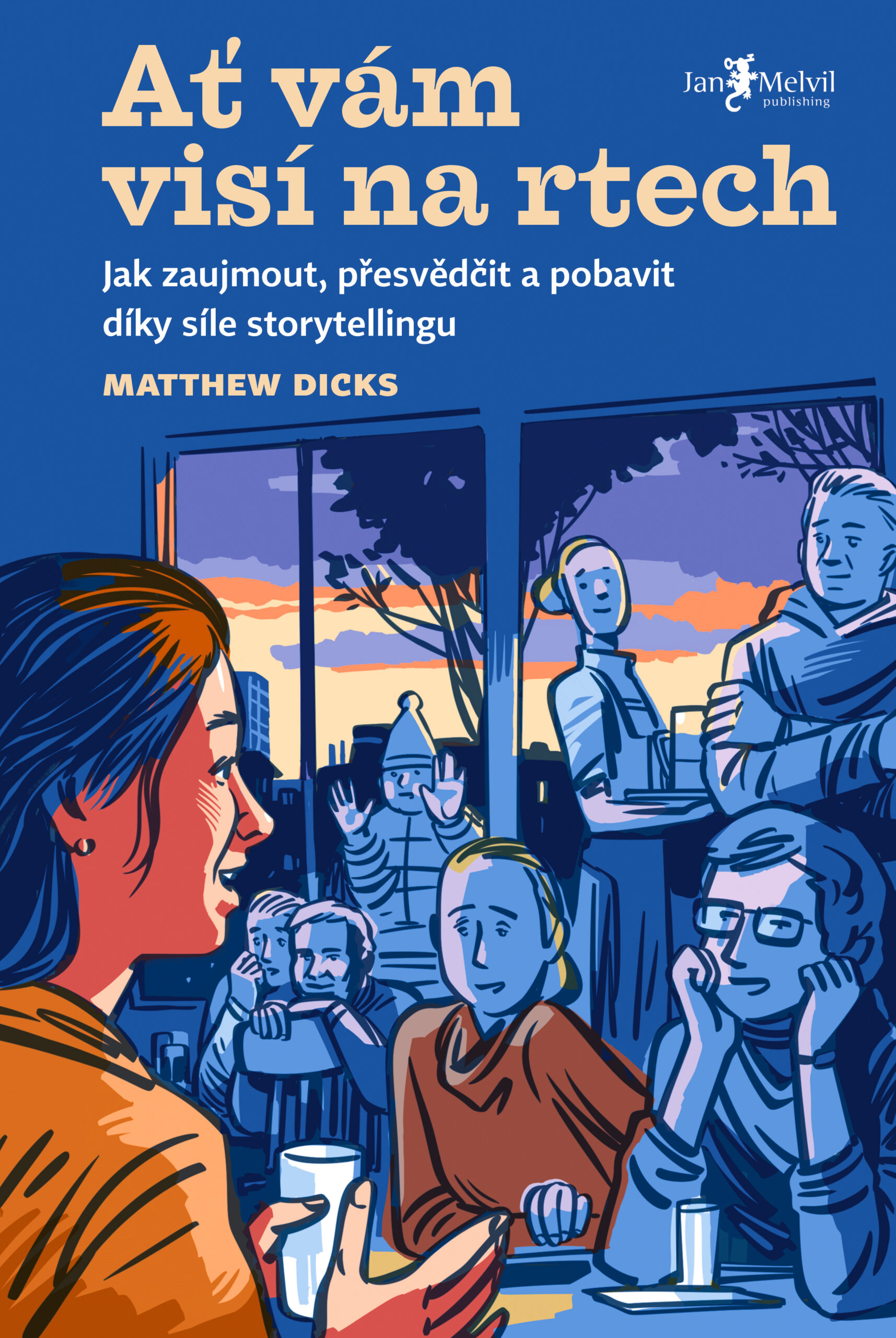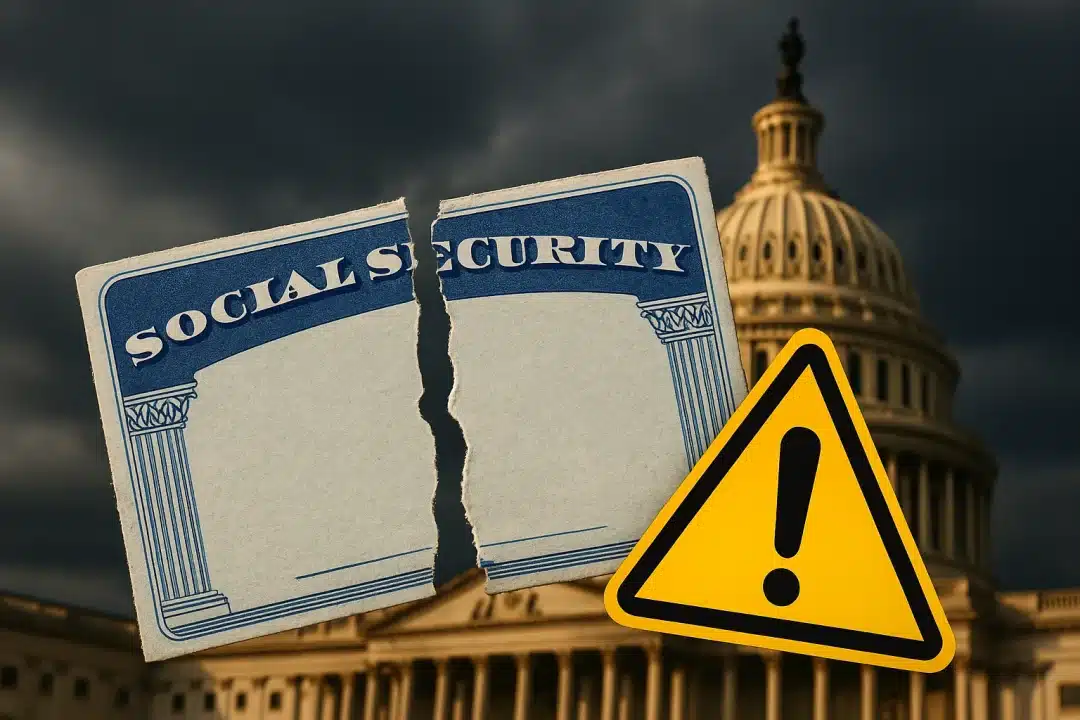I have been betrayed by my book.
As I come closer and closer to completing the manuscript to CHIKCEN SHACK, the story continues to veer off in unintended directions. When I began writing a year ago, I thought I’d be telling the story of two rival brothers and how their familial relationship did not preclude them from being ruthless and cruel to one another. I wanted to demonstrate how friends can sometimes be more loyal and loving than family and that genetic similarity is not always a good reason to remain close to a person.
Then the brothers in my story began growing closer, even as I tried like hell to force them apart. It’s instead becoming a story about reconciliation, forgiveness and acceptance, at least in terms of these two brothers, and as much as I like the story and feel that this is the correct direction, I don’t like it.
It’s not what I had planned.
I wanted the book to reflect my feelings on the issue of friends and family, but instead, the characters took a life of their own and stopped listening to me.
I know that sounds ridiculous, but it’s true, and it annoys me.
In the past, I’ve taken some criticism for the value that I place upon friends. Having come from a family that is not terribly close-knit, I have relied upon my friends for much throughout my life and have never been let down. In fact, during every crisis and time of need in my life, I can point to a friend or friends who played a crucial role in helping me get through. For reasons that I don’t entirely understand, this has prompted some to take offense to the elevated status of friends in my life, presuming that I undervalue family as a result.
While I have assured these people that this is not the case, perhaps it should be.
Research reported on in the New York Times seems to indicate that friends are significantly more beneficial to a long and happy life than family, and that close ties to family can actually reduce lifespan and overall wellness.
“In general, the role of friendship in our lives isn’t terribly well appreciated,” said Rebecca G. Adams, a professor of sociology at the University of North Carolina, Greensboro. “There is just scads of stuff on families and marriage, but very little on friendship. It baffles me. Friendship has a bigger impact on our psychological well-being than family relationships.”
Research, for example, has demonstrated that people with friends are less likely to catch colds and are more likely to enjoy reduced stress levels, lower blood pressure and greater measures of happiness. A Swedish study found that only smoking has a greater impact on the likelihood for a man to suffer from coronary disease that friendship. And all the research demonstrates that people with friends live longer lives.
Conversely, research has also found people with close ties to family often suffer from higher blood pressure, increased stress levels, and shorter life spans.
In short, your family will someday be the death of you.
This makes sense. Right? Everyone knows how crazy your family, or certain family members, can make you. And while you may have friends who do the same, most people are eventually able to cut those poisonous friends out of their lives, while those rotten, good-for-nothing family members linger on like a festering sore. In fact, I might argue that the meanest, most despicable comments and actions that I have ever seen or heard have taken place between members of a family and not between any friends who I know.
Does this mean that I undervalue family? Of course not, but I have actively eliminated ties with family members who I would not otherwise befriend, and I will continue to do so. Family is an opportunity to establish meaningful relationships with people, but it is not a requirement. While there are members of my family who I cherish, I do not find the genetic or societal links to family strong enough to allow rotten people into my life. So I simply treat my family as I do my friends: If I like you, you’re in. If I don’t like you, I don’t waste my time on you.
And based upon the research, it turns out that I may live a longer, happier life as a result of this philosophy.
Unfortunately, the brothers in my book seem to be unaware of this research, so despite their obvious differences, they are struggling to make their relationship work, and no matter what I do, I can’t seem to stop them. Ironically, my agent and a couple of my friends saw this as a story about two brothers coming together long before I ever did.
I suspect that it was my inability to see the forest through the trees that caused me to misread the direction of the story, but I’m still annoyed nonetheless.
It’s my story. Not theirs.





